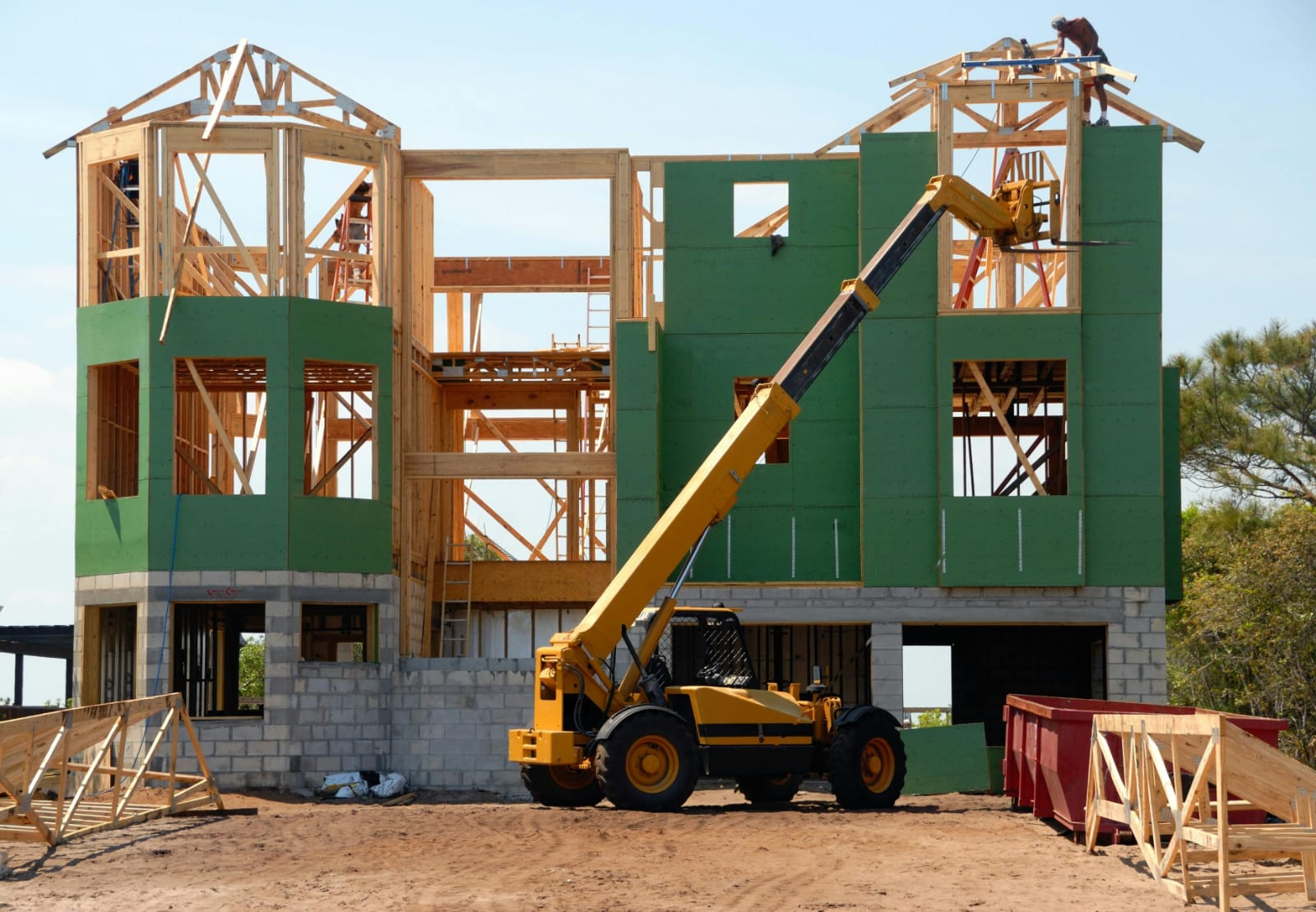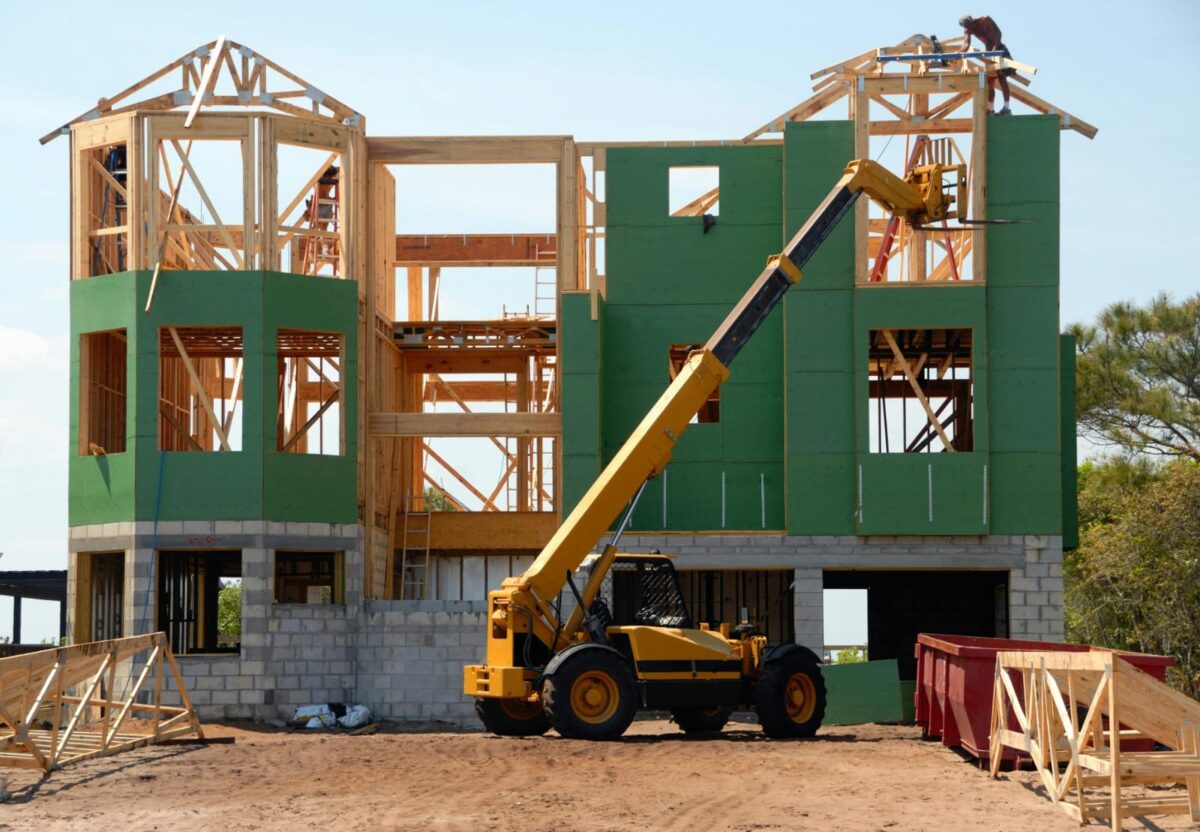Becoming a successful real estate investor is a goal for many individuals seeking financial freedom and wealth accumulation. However, navigating the complexities of the real estate market requires careful planning, diligence, and strategic decision-making. In this comprehensive guide, we’ll outline six key steps to help you embark on your journey to becoming a successful real estate investor.
1. Set Clear Goals and Objectives
The first step in becoming a successful real estate investor is to define your goals and objectives. Ask yourself what you hope to achieve through real estate investing. Are you looking to generate passive income, build long-term wealth, or diversify your investment portfolio? By clarifying your goals, you can develop a targeted investment strategy tailored to your financial aspirations and risk tolerance.
2. Educate Yourself About Real Estate Investing
Real estate investing is a dynamic and multifaceted field that requires a solid understanding of market fundamentals, investment strategies, and legal considerations. Take the time to educate yourself about the various aspects of real estate investing, including property valuation, financing options, rental management, and risk mitigation strategies. Consider attending seminars, workshops, or online courses, and seek guidance from experienced investors or industry professionals.
3. Create a Financial Plan
Successful real estate investing requires careful financial planning and budgeting. Evaluate your current financial situation, including your income, expenses, and available capital for investment. Determine how much you can afford to invest in real estate and establish a budget for property acquisition, renovation, and ongoing maintenance expenses. Additionally, consider your financing options, such as mortgage loans, private lending, or partnerships, and develop a strategy to leverage your capital effectively.
4. Identify Profitable Investment Opportunities
Once you’ve defined your goals, educated yourself about real estate investing, and created a financial plan, it’s time to start identifying profitable investment opportunities. Conduct thorough market research to identify emerging trends, market dynamics, and investment opportunities in your target market. Look for properties that align with your investment objectives and offer the potential for long-term appreciation or consistent cash flow. Consider factors such as location, property condition, rental demand, and potential for value-add opportunities.
5. Perform Due Diligence
Before making any investment decisions, it’s crucial to perform due diligence to assess the viability and risks associated with a particular property. Conduct a comprehensive analysis of the property’s financials, including its income potential, expenses, and potential for appreciation. Evaluate the property’s condition, conduct inspections, and assess any necessary repairs or renovations. Additionally, review relevant legal documents, such as property records, leases, and zoning regulations, to ensure compliance and mitigate legal risks.
6. Execute Your Investment Strategy
Once you’ve identified a promising investment opportunity and completed your due diligence, it’s time to execute your investment strategy. Negotiate favorable purchase terms, secure financing, and close the deal. If you’re investing in rental properties, develop a solid management plan to attract tenants, maintain the property, and maximize rental income. If you’re flipping properties, implement your renovation plan efficiently to enhance the property’s value and expedite its sale. Stay proactive and adaptable, and be prepared to adjust your strategy as market conditions evolve.
Conclusion
Becoming a successful real estate investor requires dedication, perseverance, and a strategic approach. By following these six steps and remaining disciplined in your investment decisions, you can build a profitable real estate portfolio and achieve your financial goals. Remember to stay informed, continuously educate yourself, and seek guidance from experienced investors or industry professionals. With patience, determination, and the right mindset, you can unlock the wealth-building potential of real estate investing.
Invest wisely, and may your journey to success as a real estate investor be fruitful and rewarding.
FAQs:
- What are some emerging trends in luxury real estate?
- What is unlocking opportunities: Exploring the world of crowdfunded real estate?




























